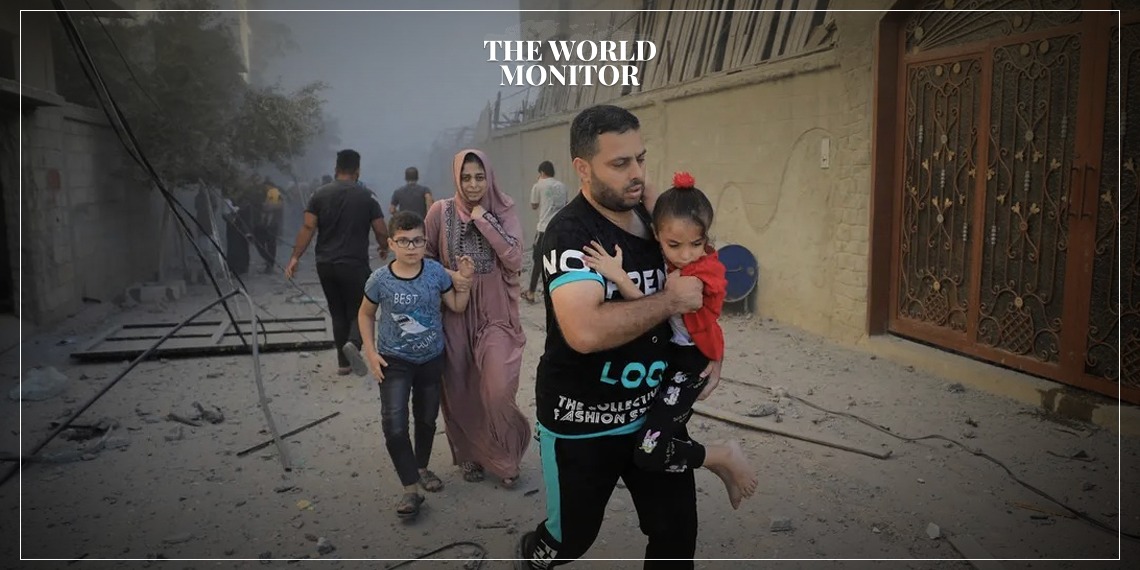The United Nations Security Council has hit a significant roadblock in its efforts to pass a resolution aimed at halting the ongoing hostilities in Gaza. The proposal, which sought to end the violence that has now entered its 31st day, was thwarted primarily by the United States and the United Kingdom, who wield veto power within the council. The failure to agree on immediate ceasefire terms has drawn international attention to the worsening crisis, where civilian casualties continue to escalate alarmingly.
According to a report by CNN, the United States’ Deputy Representative to the UN, Robert Wood, stated that no consensus has been reached at this stage. The proposal, put forward by a group of ten non-permanent member states, met resistance particularly from Western powers, including Washington and London, who opposed any language in the resolution calling for an immediate cessation of fire. Despite ongoing discussions regarding humanitarian truces, divisions within the Security Council remain pronounced.
As the conflict persists, the death toll in Gaza has surpassed 10,000 since October 7, with women and children making up the majority of the victims, as reported by Hamas. The UN Secretary-General António Guterres has urgently called for a ceasefire, warning that the Gaza Strip is fast becoming a “graveyard for children.” The dire situation has been further exacerbated by Israel’s relentless bombardment of the region, a response to a surprise attack by Hamas on Israeli border towns which initially claimed 1,400 lives, mostly civilians, according to Israeli authorities.
Amidst this backdrop of escalating violence, U.S. President Joe Biden discussed the possibility of “tactical truces” with Israeli Prime Minister Benjamin Netanyahu, who has previously dismissed calls for a ceasefire. On the ground in Gaza, the humanitarian situation is becoming increasingly catastrophic, with the UN describing it as “disastrous.” The continuous Israeli airstrikes, which have been intensified since October 27, have caused massive destruction, displacing over 1.5 million people.
The Secretary-General has emphasized the inadequacy of humanitarian aid reaching the besieged area through Rafah and has reiterated the necessity of a ceasefire on humanitarian grounds. The appeal for peace and the need for urgent humanitarian intervention in Gaza are growing more critical by the hour, with Guterres highlighting that the crisis is not only a humanitarian catastrophe but a “crisis for humanity.” As the international community watches, the future of Gaza hangs in a delicate balance, with the need for an immediate and sustainable resolution to the conflict being more urgent than ever.






